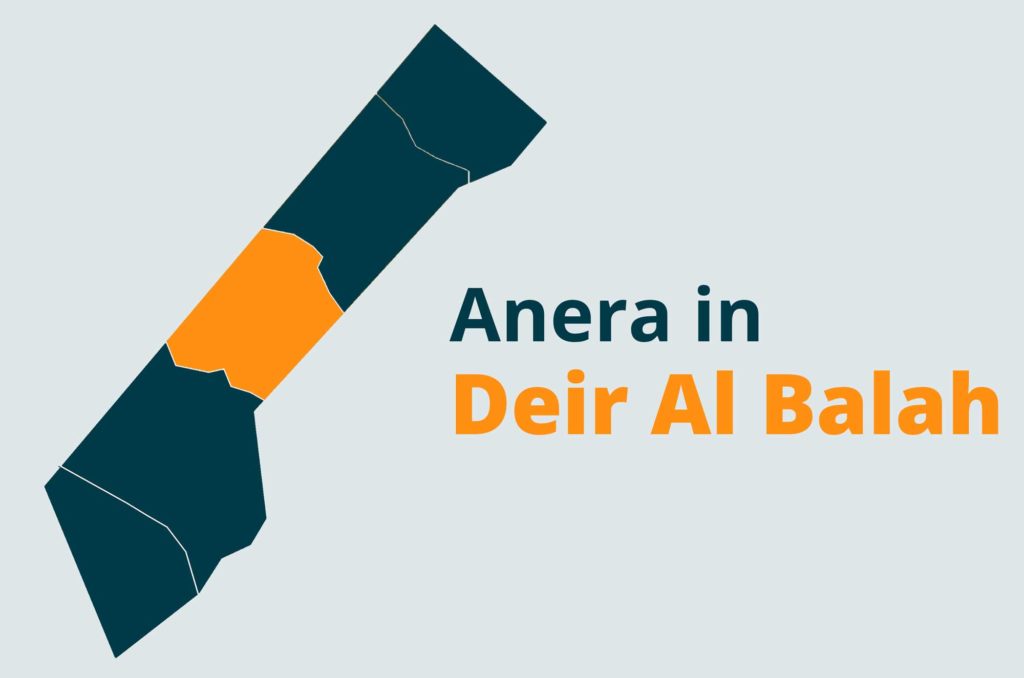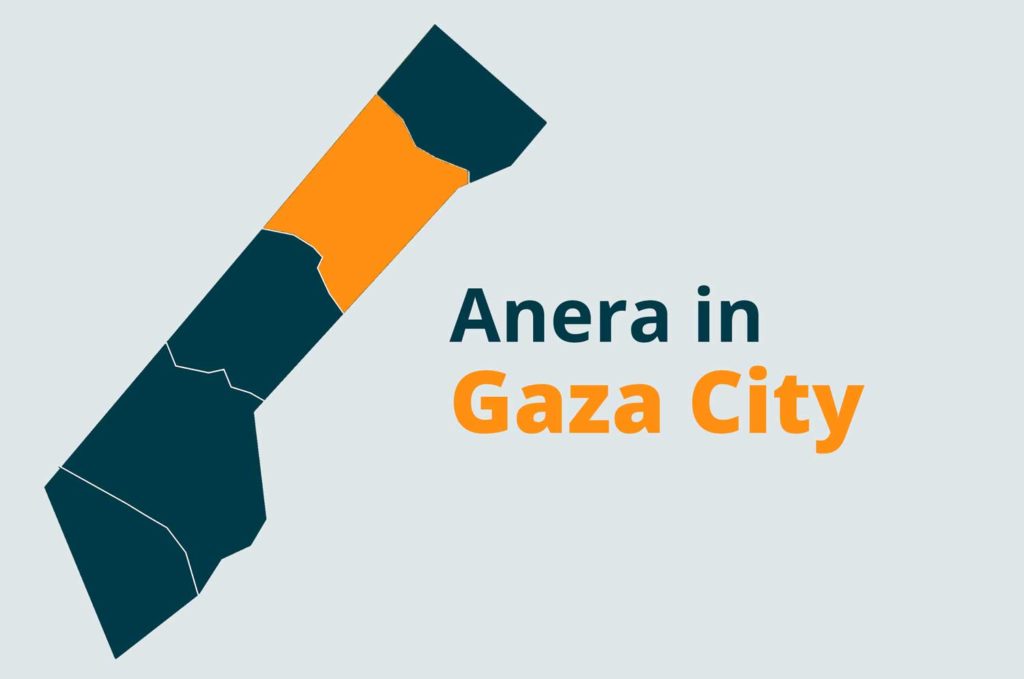Apr, 2017
Om Ahmed is a role model for the women in her community. Not only is she highly influential, but she’s called the leader by her neighbors.
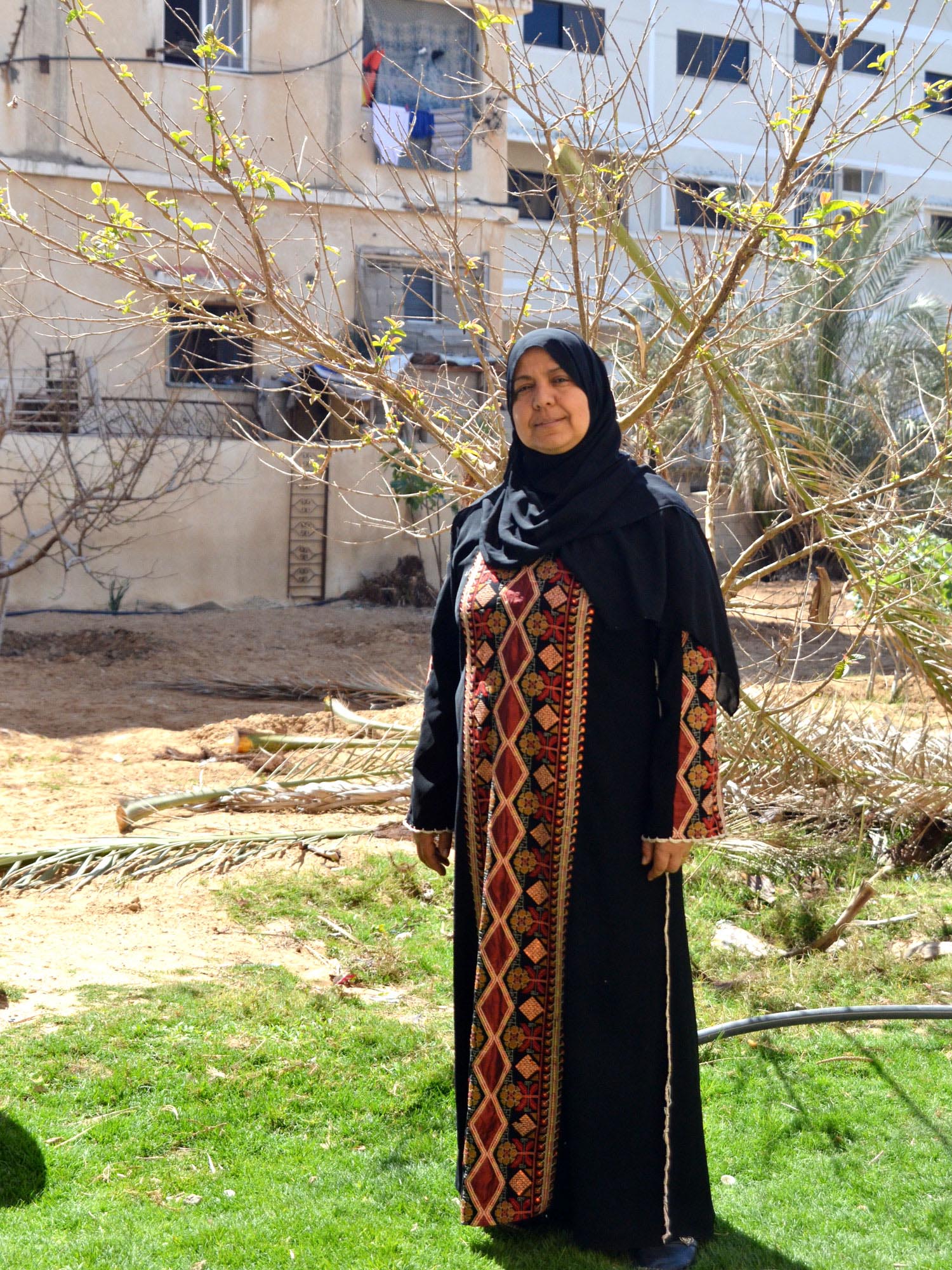

It’s not hard to see why—this grandmother never stops. Each morning, she slips on her sneakers and her traditional embroidered dress and goes for a walk on the seashore. In the afternoons, she spends time with her grandsons. And in between, she’s leading a women’s initiative to bring health and hygiene to her water-scarce community in Gaza.
Accessing water has long been a major struggle in her Gaza City neighborhood of Sheikh Ejlien. “Water is even more scarce during summertime. One summer, we had no water for 7-10 days and because of the power outages, the water pressure was low, too.”
In response to the erratic water schedules that summer, Om Ahmed’s family kept a large jug under the open taps, so they would be able to collect water at whatever odd hour it came. Similarly, neighbors relied on excavating wells to drag water to their homes and gardens. The well water was sufficient at first, but then excessive use depleted the already-scarce resource. What little was left had become saline and unsafe for cooking.


Water is even more scarce during summertime. One summer, we had no water for 7-10 days.
“I lost my trees and lovely roses,” said Om Ahmed. That’s when she decided she needed to act. Ever since she took part in a Swedish project 15 years ago, she and 25 other women formed a volunteer group dedicated to campaigning for pressing neighborhood issues like water and hygiene.
New Water Project Spurs Gaza Women Into Action
When the group of women volunteers heard about a new Anera water project in their area, they immediately got excited at the prospect of ending years of struggle. Taking initiative, the women divided themselves into groups and started a door-to-door campaign to collect data and encourage local women to attend public health education sessions. The women spoke to their neighbors from any place they could—from health clinics, preschools, tailors and small grocery stores.
Om Ahmed said that the project was particularly important to them as women. When women have access to clean water, she said, they spend less time searching for it and more time focusing on important things like caring for their children and grandchildren. “Water is needed for everyday tasks and household chores such as cleaning and doing laundry,” she added.
When the homes of Om Ahmed’s neighborhood were connected to a reliable source of water, residents switched on their generators to pump water to upper floors. “We never thought that we’d get those old generators back to work after all of these years,” said Om Ahmed.
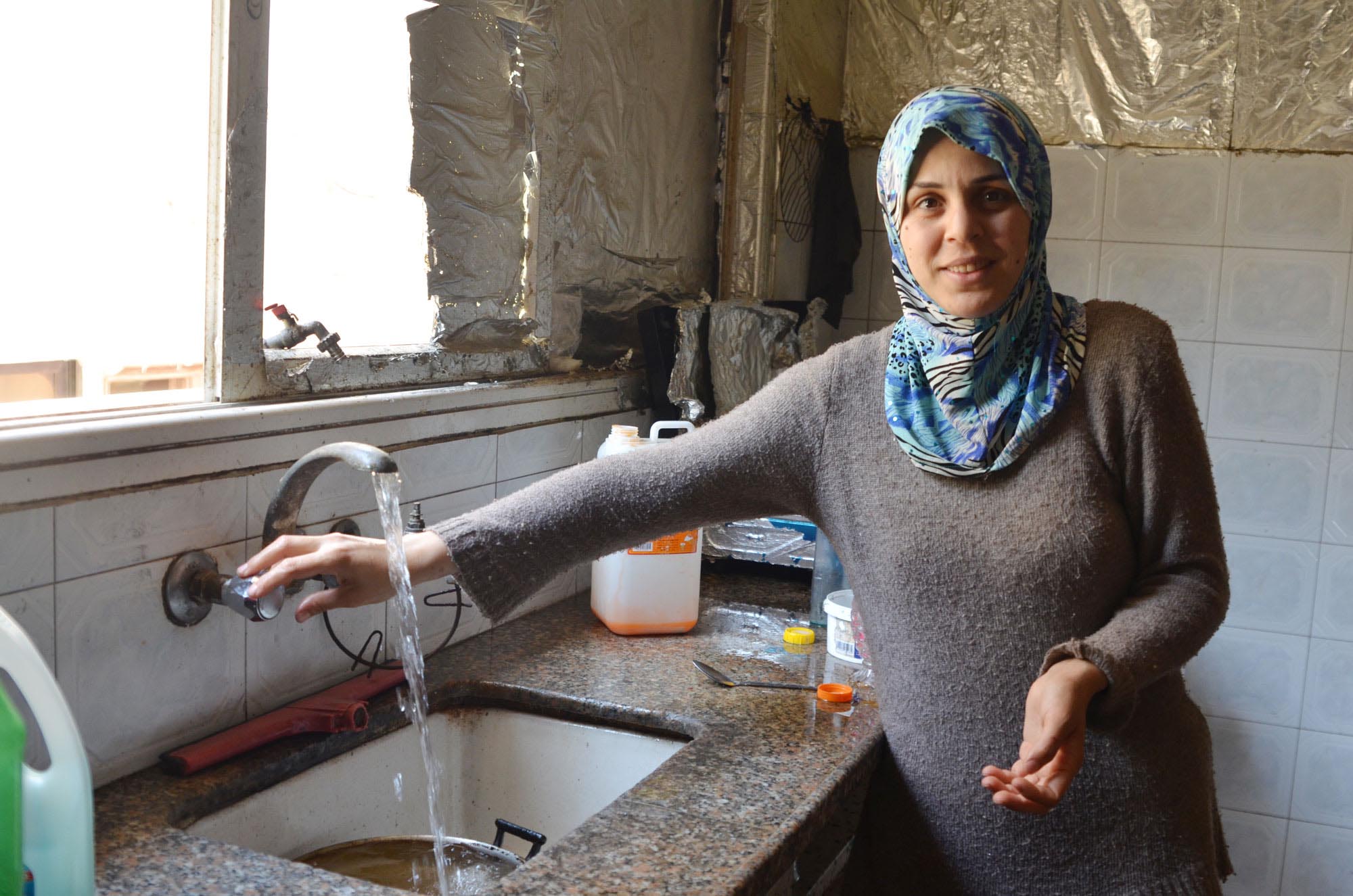

Health Education Brings Good Hygiene to Fatima’s Family
The health component of the project also helped mothers identify symptoms of parasitic infection in their children. These often result from poor hygiene, which itself is caused by lack of water.
When Fatima joined Anera’s health education sessions in her community, she learned that the health problems her young daughter Rimas was experiencing might be related to an infection of pin worms. Anera’s health educator taught Fatima how to test for the parasite and advised her to carefully follow good hygiene practices such as washing thoroughly with soap and warm water after toilet use, changing baby diapers, and before handling food. Of course, this is easier for Fatima now that she has regular running water.
“Good hygiene is the most successful way to prevent infections,” said Lana Al Agha, Anera’s public health officer. “Mothers can also prevent infections by cutting fingernails and laundering the infected child’s clothing and bed sheets separately and in hot water, so the infection doesn’t spread to other family members.
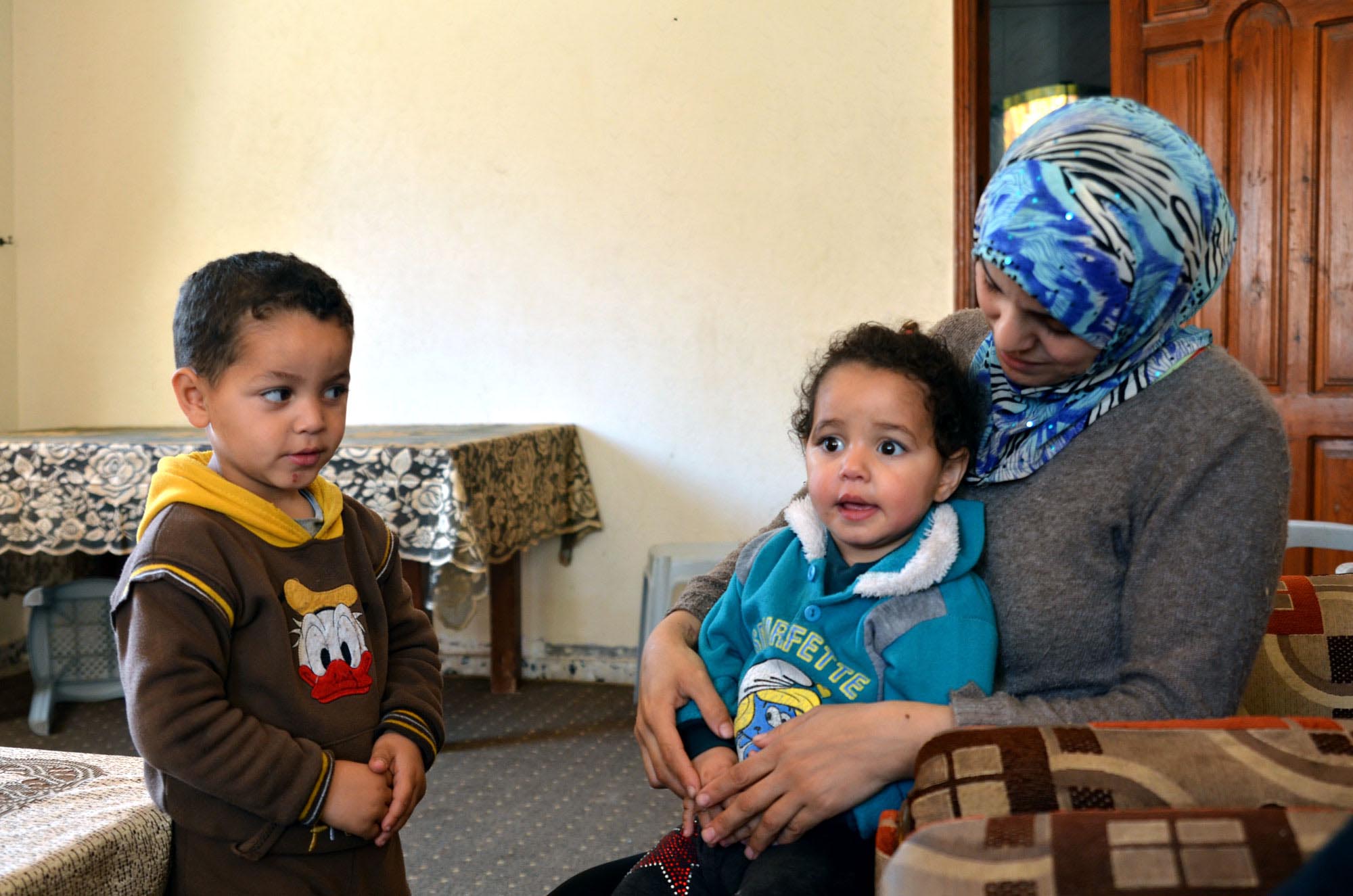

Now, Rimas has better sleeping and eating habits and her father is surprised about her improved health. “I now know what symptoms to keep an eye out for to ensure my kids are staying healthy,” said Fatima. “I can never go back to the painful past days. Health is a treasure only seen by those who once lost it.”
Parasitic infection is common in Gaza due to contaminated water, lack of access to clean running water, raw sewage filling streets and limited knowledge about preventative health and hygiene practices.
The water, sanitation and hygiene project was implemented in four phases and was funded by Islamic Relief USA in partnership with Anera. It included 20 water and sanitation projects, 85 health sessions and the distribution of almost 5,000 hygiene kits.



